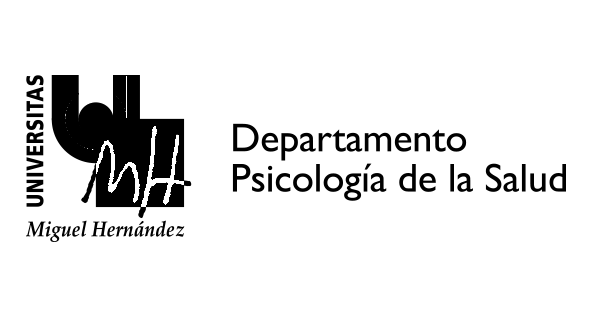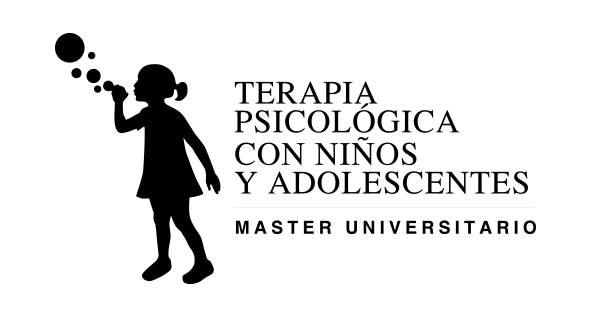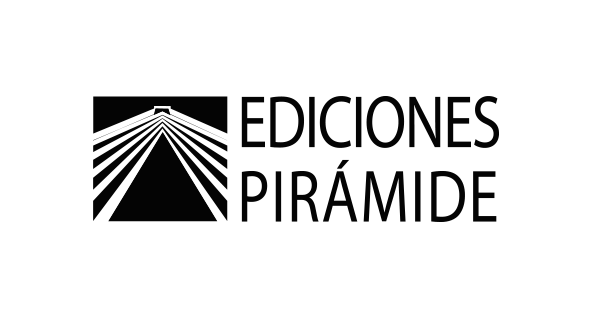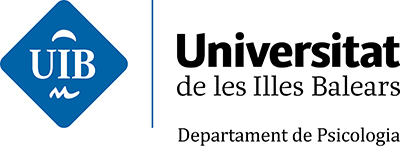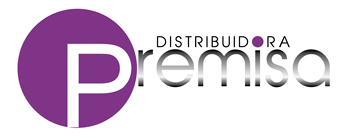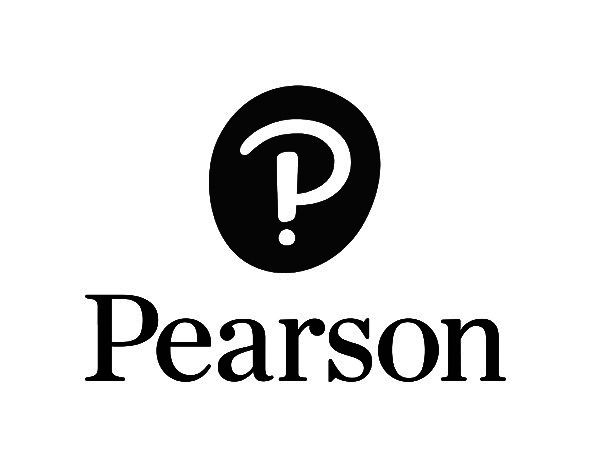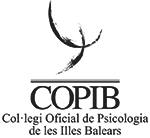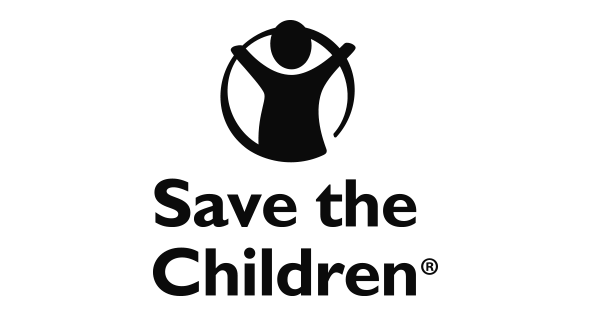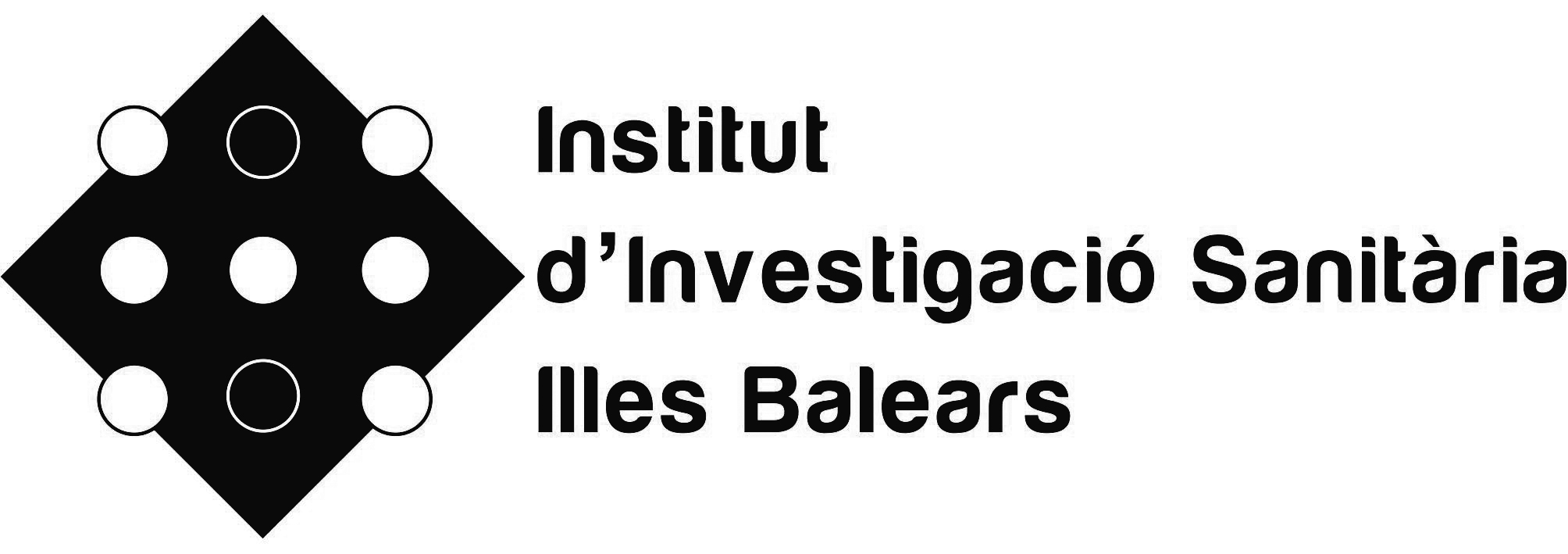Elena Gervilla
University of the Balearic Islands, Spain
RISKY BEHAVIOURS IN ADOLESCENCE: SEX, DRUGS AND ICTS
Abstract
Adolescence is a critical period during which individuals develop their capabilities. But it is also a vulnerable time that can mark the initiation of harmful health behaviours. Some main risk-taking behaviours emerge during this stage of development: sex, drugs and intensive use of Information and Communication Technologies (ICTs). This symposium will address four questions related to risky behaviours in adolescence: How do adolescents use their online time? Do risk behaviours come together in adolescence? Can adolescents assess their drunkenness when they are socialising? And are their attitudes related to intensive alcohol use? Intensive ICT, health related harms, and seek for help will describe the way that adolescents use ICTs, if an intensive use is related to searches concerning substances, and will assess the relationship between intensive use of ICTs and behavioural or emotional difficulties and what do they do if they have a problem. Multiple risk behaviours in adolescence explores co-occurrence and clustering of substance use and of sexual behaviours and describes prevalence of behavioural clusters and characteristics associated with particular behavioural clusters in order to identify adolescents most at risk. In Breath Alcohol Concentration and adolescent drunkenness perception in natural environment we present data of objective alcohol use and drunkenness perception when they are drinking in the street, and the role that peers play in this relationship. Finally, the last communication, called Attitudes towards alcohol use and drunkenness in adolescence, examines the relationship between attitudes towards alcohol related behaviours and adolescent drinking and binge drinking. Taking all this information together we will offer a complete perspective on how is the context where adolescents socialize. Implications for identifying adolescents most at risk, and supporting intervention to decrease risk will be discussed.
Elena Gervilla received her PhD in Psychology from the University of Santiago de Compostela (Spain). The title of the dissertation was “Application of data mining processes to deviant behaviour”. She also finished an MSc in Psychopathology and a postgraduate degree in Statistics (both at the Autonomous University of Barcelona) and an MSc in Prevention and Rehabilitation of Addictive Behaviors (at the Catholic University of Valencia, Spain). Dr Gervilla currently works at the University of the Balearic Islands, Spain, where she is an Associate Professor at the Area of Methodology of Behavioural Sciences and the Secretary of the Department of Psychology. Besides, she contributes as a course instructor with the Open University of Catalonia. Her previous experience includes teaching and research tasks in the area of Methodology and Statistics at the Autonomous University of Barcelona. The research she develops focuses on adolescent and youth drug use prevention. She is especially interested on the improvement of the quality of the data collection as well as the implementation of data mining techniques that allow to model substance use behaviour in the social natural environment. She is especially interested in the implementation of data mining techniques to improve our knowledge on the risk and protective factors of drug use in youth, as well as the transcultural use of valid and reliable measurements in this field. In addition, Elena is a researcher in the Research Group in Data Analysis (GRAD) at the University of the Balearic Islands (UIB), collaborates closely with the European Institute of Studies on Prevention (IREFREA, Spain) in the development and implementation of research projects and is an active early-career member of the European Society for Prevention Research (EUSPR).




